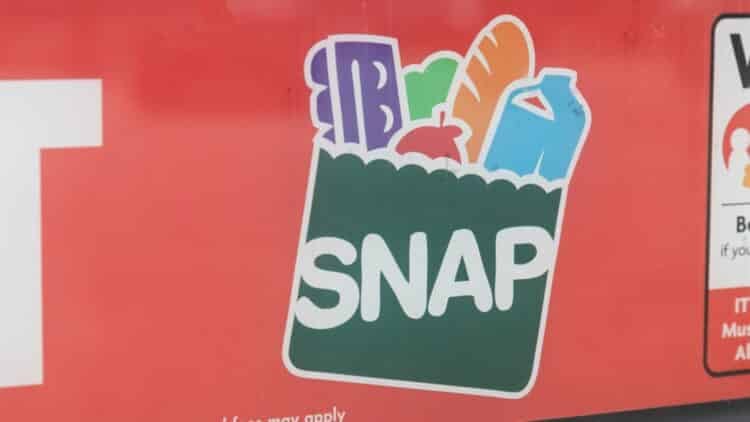This year, 2025, has been busy, to say the least. With it has come a bitter surprise for thousands of families in New York State and across the country. It concerns drastic cuts to the Supplemental Nutrition Assistance Program (SNAP). The Trump administration has decided to bring forward the implementation date of stricter work requirements in order to access these benefits.
This five-month advance has literally created administrative chaos at the local level. Although the change was initially scheduled for February 2026, the new deadline is November 2, 2025.
Getting ready for the new SNAP requirements
Some New York State contracts are already preparing for the challenge: an estimated 5,000 people in Allegany and 12,000 in Steuben will be screened under the new rules.
SNAP is the most important federal program for alleviating hunger in the United States. It provides monthly assistance to low-income households to purchase food. The controversy centers on a specific group of beneficiaries, known as Adults Able to Work Without Dependents (ABAWD).
The federal government has always had a “time limit” rule for ABAWDs: they could receive SNAP benefits for three months in a three-year period. In essence, the rule seeks to encourage self-sufficiency through employment; it was an emergency safety net, not a long-term cushion to fall back on.
However, many New Yorkers in this category lived under a protective bubble: New York had benefited from a federal waiver granted by the Department of Agriculture, which had been granted due to economic conditions such as high unemployment rates in certain areas. Thanks to this waiver, the “3-month rule” was suspended in most of the state. This meant that most New York ABAWDs were not required to meet the hour requirement to continue receiving their benefits.
Instead of encouraging job search and self-sufficiency, this waiver did not alleviate poverty, but rather encouraged a portion of the population to live below the national poverty line in order to continue receiving government subsidies, rather than seeking a way to support themselves.
New Work Requirements for SNAP
The new requirements are much stricter with regard to monthly productivity: to continue receiving benefits, you must certify at least 80 hours of activity per month (20 hours per week).
These activities can include paid work, volunteer work, studying, or participating in approved job training programs. Another major change is the age range affected. Historically, the ABAWD rule applied to people aged 18 to 49, gradually expanding to age 54 under the Fiscal Responsibility Act (FRA) of 2023. Now, the rule applies to all work-capable adults between the ages of 18 and 64.
Older adults, aged 55 to 64, are coming directly into focus for the first time.
Another group that needs to get moving is parents; previously, they were exempt if they had a child under the age of 18 at home. From now on, the dependent age threshold has been lowered to children under the age of 14. This means that if you are an ABAWD with a child aged 14, 15, 16, or 17, you are now subject to the 80 hours per month.
Eliminated Exemptions
Perhaps the most controversial aspect of the OBBBA is the elimination of recent protections. For example, homeless individuals will have to document their 80 hours of work despite their residential instability. Military veterans who do not have a medically documented disability are not automatically exempt and must also meet the same requirements.
Young adults aged 24 or younger who left the foster care system at age 18 will also lose their special protection. Rapid change has put unprecedented pressure on county Department of Social Services (DSS) offices —as if they didn’t have enough in their hands with the shutdown. The only thing one can conclude is that we all must get down to work and start working at whatever we can find.

